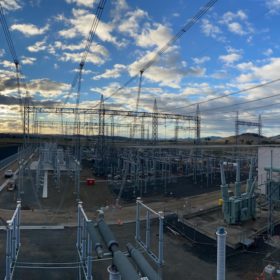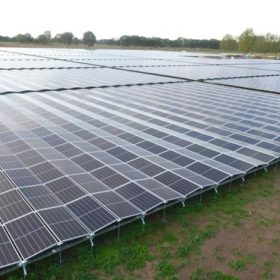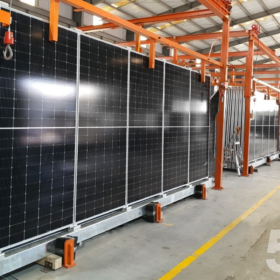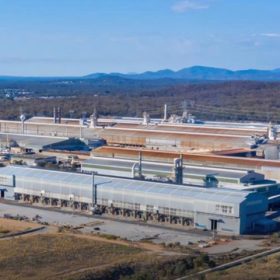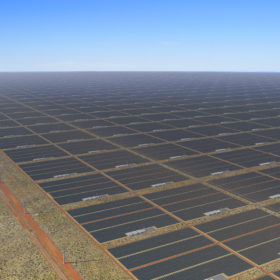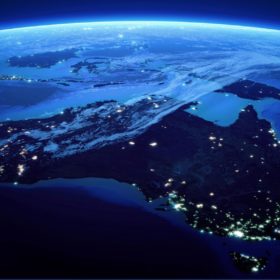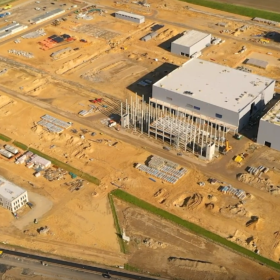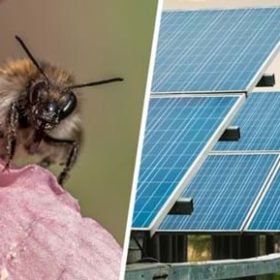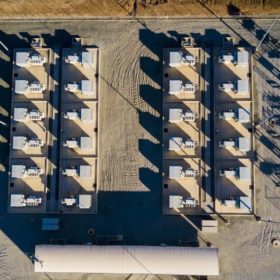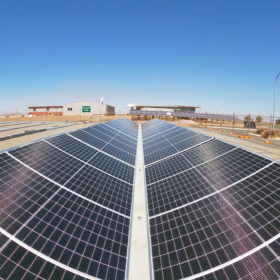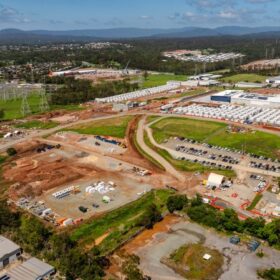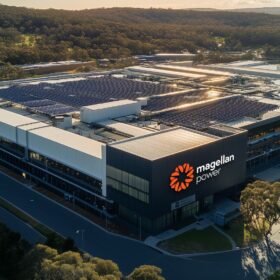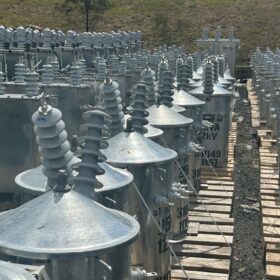AEMC reveals final rule to shore up system strength
With the transformation of Australia’s power system accelerating, the Australian Energy Market Commission has unveiled a raft of reforms to improve system strength in the national grid, predicting the changes will smooth the way for new energy resources including large-solar PV and batteries to connect to the grid.
Providence to trial hydrogen-lithium battery at solar farms
Australian clean energy investment firm Providence Asset Group will roll out hydrogen-lithium battery technology at its solar farms after partnering with the Commonwealth Bank to fund a portfolio of 10 community-based solar plants in regional Victoria as part of the group’s larger ambitions to develop up to 40 ~5 MW solar farms across the eastern states.
5B backs bigger is better with new generation of modular solar solution
Sydney-based prefabricated solar array manufacturer 5B has taken the wraps off a new generation of its re-deployable modular Maverick solar technology which it says is not only quicker and easier to install than the previous model but 30% more powerful.
Large-scale renewable uptake to help Rio Tinto’s brand rebuild
Mining giant Rio Tinto has been on the back-foot since its destruction of 46,000-year-old sacred indigenous sites last year, costing one chief executive his job and one country a timeless piece of its cultural heritage. Along with the impacts of Covid-19 and stock price decline, the company is seeking to rebuild its brand with improved emissions reduction targets, which will see multi-gigawatt solar and wind installations.
Sun Cable names ‘global experts’ to deliver massive solar+storage project
Singapore-based Sun Cable has unveiled a powerhouse line-up of international engineering and advisory companies to help it deliver the world’s biggest solar PV and battery energy storage project being developed in Australia’s remote far north.
Report finds co-located hubs key to battery industry competitiveness
A report from Australia’s Future Battery Industries Cooperative Research Centre which analysed the development of battery hubs in the U.S., Germany and Japan, has found that co-location and cooperation between industry and government were key to hub success. For Australia to play the same game, it will have to leverage its wealth of resources, and clean up its act along the way.
Umicore to purchase 42,000 tons of Australian lithium battery material
Belgian materials company Umicore has signed a contract with Australia headquartered Vulcan Energy Resources to purchase up to 42,000 tons of lithium hydroxide over a five year period beginning in 2025. The material will be used in Umicore’s production of cathode materials for lithium-ion cell manufacturers.
Solar farms prove to bee hives of economic activity
A new study from researchers at the universities of Lancaster and Reading in the UK has managed to quantify the economic boost provided by the symbiotic relationship between solar farms and honeybee hives.
WA councils to partner for ‘Australian-first’ renewable energy PPA
In a joint energy power purchasing initiative tipped to deliver savings of up to $5 million, more than 50 Western Australian local government associations are set to partner on a renewable power purchase agreement which will see them using 100% renewable energy.
The changing landscape of the modular marketplace
The modular solar marketplace is growing, especially in Australia where remote mining and agricultural sites appreciate the benefits of compact, moveable solar. One new entrant is Western Australia’s CDI Energy with its “Rapid Solar Module”, which CDI founder and CEO Darryl Bower told pv magazine is up to 30% cheaper than fixed axis alternatives.
